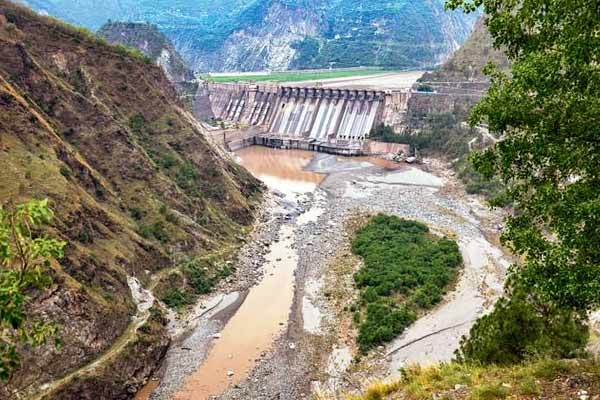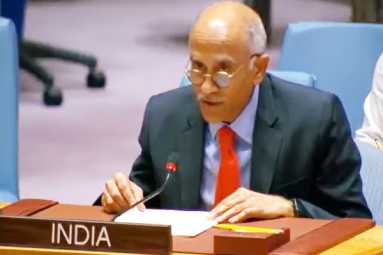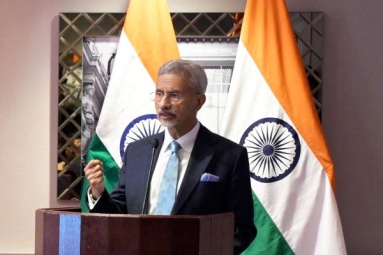
(Image source from: PTI)
Reports indicate that Pakistan has sent a communication to India, requesting a reevaluation of India's decision to place the Indus Waters Treaty on hold. According to sources, Pakistan's Ministry of Water Resources has reached out to New Delhi, asking for the reinstatement of river flows into its territory as per the treaty. This agreement, which governs water sharing, has been in effect for over sixty years. This request follows India's suspension of the 1960 treaty after another terrorist incident linked to Pakistan occurred on April 22 in Pahalgam, Jammu and Kashmir, resulting in the loss of 26 civilian lives, predominantly tourists. Citing national security concerns, India has decided to suspend the treaty until Pakistan "credibly and irrevocably" ceases its support for terrorism. This decision received backing from the Cabinet Committee on Security, which is the highest body focusing on strategic matters, marking a significant moment, as it is the first time India has paused the agreement brokered by the World Bank.
In its letter to the Ministry of External Affairs, Pakistan's government cautioned that the interruption of the treaty could lead to a crisis within its borders. Prime Minister Narendra Modi, speaking after Operation Sindoor, reiterated the government's firm stance, asserting, "Water and blood cannot flow together." He emphasized that "terror and talks cannot coincide," and that "terror and trade cannot happen at the same time." Nevertheless, Indian officials have brushed aside these worries, referencing Pakistan's long-standing approach of using terrorism as a tool of state policy. Under the treaty, Pakistan is allocated the three western rivers: Indus, Jhelum, and Chenab, while India retains the three eastern rivers: Sutlej, Beas, and Ravi. India has unveiled a three-tiered plan—short-term, mid-term, and long-term—to ensure that no Indus water flows to Pakistan, as Union Jal Shakti Minister CR Paatil stated that measures are being implemented to guarantee that every drop of water is utilized within Indian territory.
Foreign Ministry Spokesperson Randhir Jaiswal emphasized the government's position by stating, "The Indus Waters Treaty was established on the notions of goodwill and friendship. Pakistan has disregarded these principles by backing cross-border terrorism for years." This firm response follows Operation Sindoor, a rapid military operation initiated after the Pahalgam attack, which had led to a temporary ceasefire agreement. However, New Delhi has made it clear that discussions with Islamabad will now focus solely on one issue: terminating terrorism and ensuring the return of Pakistan-Occupied Kashmir. According to the 1960 treaty, India has access to about 30% of the total water of the Indus River System located within its borders, while Pakistan is entitled to the remaining 70%.
With the suspension of the Indus Waters Treaty, the government led by Narendra Modi is anticipated to advance significant efforts towards completing pending hydroelectric projects. A crucial meeting is expected to take place this week involving Home Minister Amit Shah, Water Resources Minister Paatil, Power Minister Manohar Lal Khattar, Agriculture Minister Shivraj Singh Chouhan, and senior officials from all relevant ministries. Following the halt of the Indus Waters Treaty, there have been two meetings involving Amit Shah, Paatil, and senior officials from the Ministry.



















